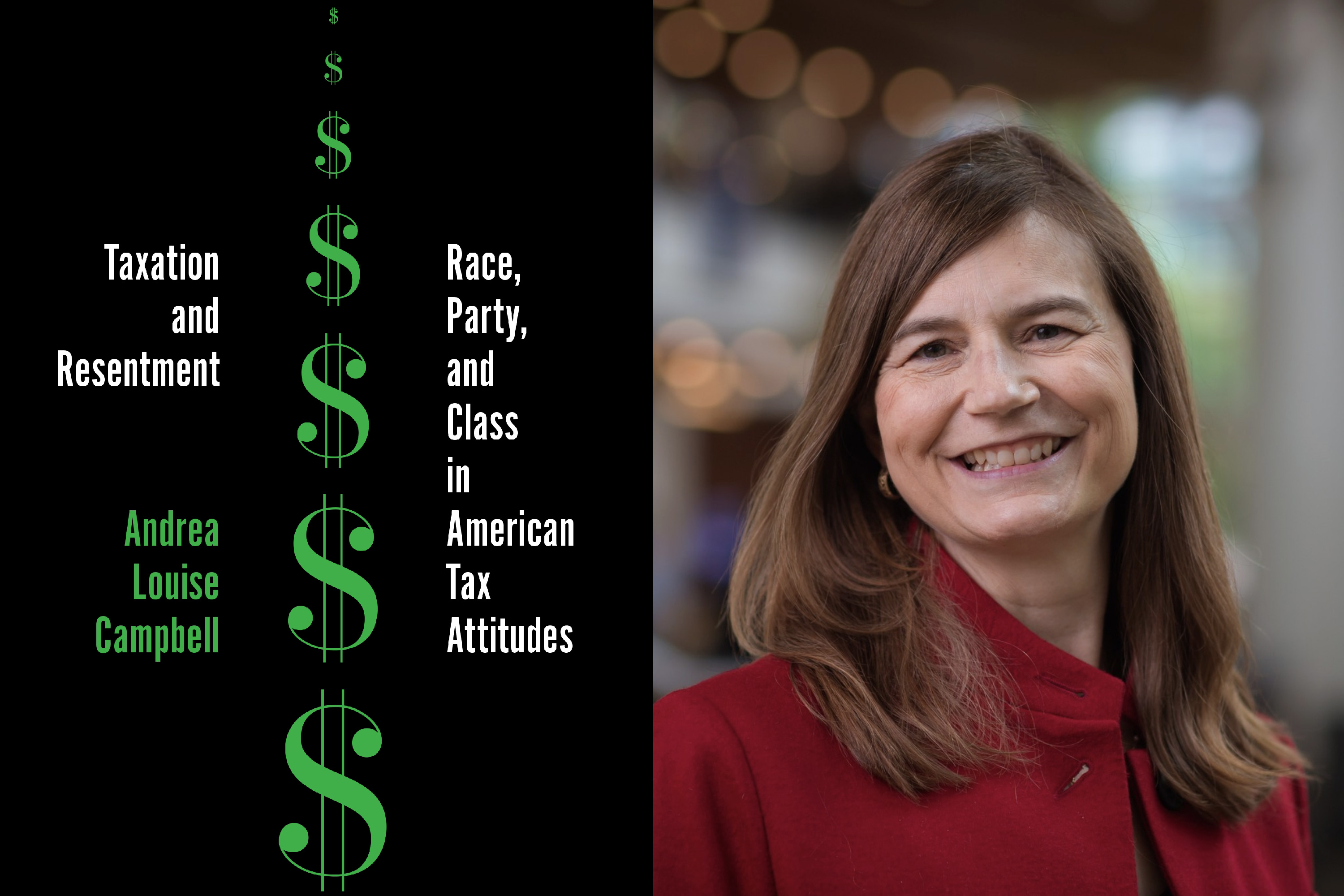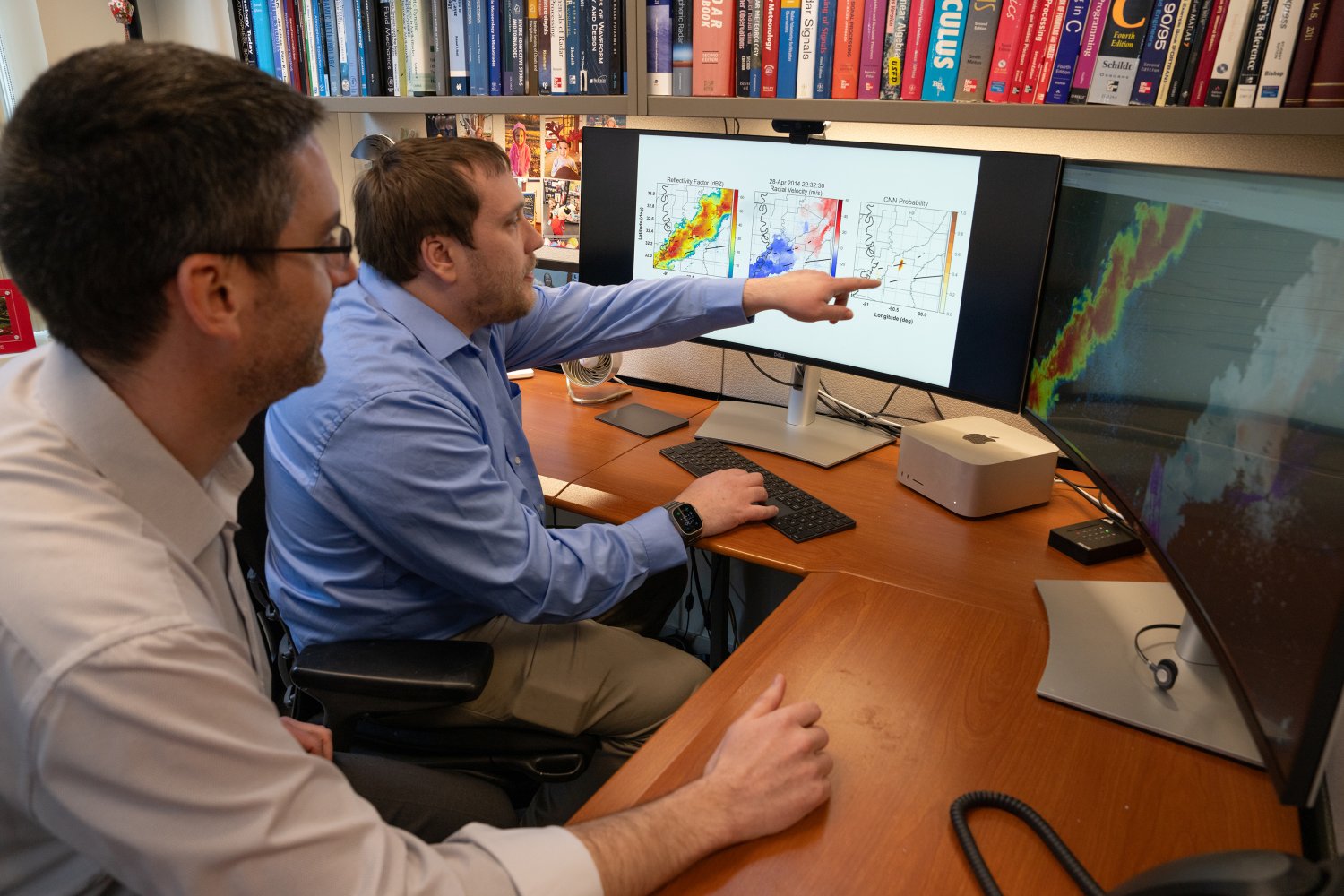
Doing your taxes can feel like a very complicated task. Even so, it might be less intricate than trying to make sense of what people think about taxes.
Several years ago, MIT political scientist Andrea Campbell undertook an expansive research project to understand public opinion about taxation. Her efforts have now reached fruition, in a new book uncovering many complexities about attitudes toward taxes. Those complexities include a central tension: In the U.S., most people say they support the principle of progressive taxation — in which higher earners pay higher shares of their income. Yet people also say they prefer specific forms of taxes that are regressive, hitting lower- and middle-income earners relatively harder.
For instance, state sales taxes are considered regressive, since people who make less money spend a larger percentage of their incomes, meaning sales taxes eat up a larger proportion of their earnings. But a substantial portion of the public still finds them to be fair, partly because the wealthy cannot wriggle out of them.
“At an abstract or conceptual level, people say they like progressive tax systems more than flat or regressive tax systems,” Campbell says. “But when you look at public attitudes toward specific taxes, people’s views flip upside down. People say federal and state income taxes are unfair, but they say sales taxes, which are very regressive, are fair. Their attitudes on individual taxes are the opposite of what their overall commitments are.”
Now Campbell analyzes these issues in detail in her book, “Taxation and Resentment,” just published by Princeton University Press. Campbell is the Arthur and Ruth Sloan Professor of Political Science at MIT and a former head of MIT’s Department of Political Science.
Filling out the record
Campbell originally planned “Taxation and Resentment” as a strictly historically-oriented look at the subject. But the absence of any one book compiling public-opinion data in this area was striking. So, she assembled data going back to the end of World War II, and even designed and ran a couple of her own public research surveys, which help undergird the book’s numbers.
“Political scientists write a lot about public attitudes toward spending in the United States, but not so much about attitudes toward taxes,” Campbell says. “The public-opinion record is very thin.”
The complexities of U.S. public opinion on taxes are plainly linked to the presence of numerous forms of taxes, including federal and state income taxes, sales taxes, payroll taxes, estate taxes, and capital gains taxes. The best-known, of course, is the federal income tax, whose quirks and loopholes seem to irk citizens.
“That really seizes people’s imaginations,” Campbell says. “Keeping the focus on federal income tax has been a clever strategy among those who want to cut it. People think it’s unfair because they look at all the tax breaks the rich get and think, ‘I don’t have access to those.’ Those breaks increase complexity, undermine people’s knowledge, heighten their anger, and of course are in there because they help rich people pay less. So, there ends up being a cycle.”
That same sense of unfairness does not translate to all other forms of taxation, however. Large majorities of people have supported lowering the estate tax, for example, even though the threshold at which the federal estate tax kicks in — $13.5 million — applies to very few families.
Then too, the public seems to perceive sales taxes as being fair because of the simplicity and lack of loopholes — an understandable view, but one that ignores the way that state sales taxes, as opposed to state income taxes, place a bigger burden on middle-class and lower-income workers.
“A regressive tax like a sales tax is more difficult to comprehend,” Campbell says. “We all pay the same rate, so it seems like a flat tax, but as your income goes up, the bite of that tax goes down. And that’s just very difficult for people to understand.”
Overall, as Campbell details, income levels do not have huge predictive value when it comes to tax attitudes. Party affiliation also has less impact than many people might suspect — Democrats and Republicans differ on taxes, though not as much, in some ways, as political independents, who often have the most anti-tax views of all.
Meanwhile, Campbell finds, white Americans with heightened concerns about redistribution of public goods among varying demographic groups are more opposed to taxes than those who do not share those redistribution concerns. And Black and Hispanic Americans, who may wind up on the short end of regressive policies, also express significantly anti-tax perspectives, albeit while expressing more support for the state functions funded by taxation.
“There are so many factors and components of public opinion around taxes,” Campbell says. “Many political and demographic groups have their own reasons for disliking the status quo.”
How much does public opinion matter?
The research in “Taxation and Resentment” will be of high value to many kinds of scholars. However, as Campbell notes, political scientists do not have consensus about how much public opinion influences policy. Some experts contend that donors and lobbyists essentially determine policy while the larger public is ignored. But Campbell does not agree that public sentiment amounts to nothing. Consider, she says, the vigorous and successful public campaign to lower the estate tax in the first decade of the 2000s.
“If public opinion doesn’t matter, then why were there these PR campaigns to try to convince people the estate tax was bad for small businesses, farmers, and other groups?” Campbell asks. “Clearly it’s because public opinion does matter. It’s far easier to get these policies implemented if the public is on your side than if the public is in opposition. Public opinion is not the only factor in policymaking, but it’s a contributing factor.”
To be sure, even in the formation of public opinion, there are complexities and nuance, as Campbell notes in the book. A system of progressive taxation means the people taxed at the highest rate are the most motivated to oppose the system — and may heavily influence public opinion, in a top-down manner.
Scholars in the field have praised “Taxation and Resentment.” Martin Gilens, chair of the Department of Public Policy at the University of California at Los Angeles, has called it an “important and very welcome addition to the literature on public attitudes about public policies … with rich and often unexpected findings.” Vanessa Williamson, a senior fellow at the Brookings Institution, has said the book is “essential reading for anyone who wants to understand what Americans actually think about taxes. The scope of the data Campbell brings to bear on this question is unparalleled, and the depth of her analysis of public opinion across time and demography is a monumental achievement.”
For her part, Campbell says she hopes people in a variety of groups will read the book — including policymakers, scholars in multiple fields, and students. Certainly, she thinks, after studying the issue, more people could stand to know more about taxes.
“The tax system is complex,” Campbell says, “and people don’t always understand their own stakes. There is often a fog surrounding taxes.”


























